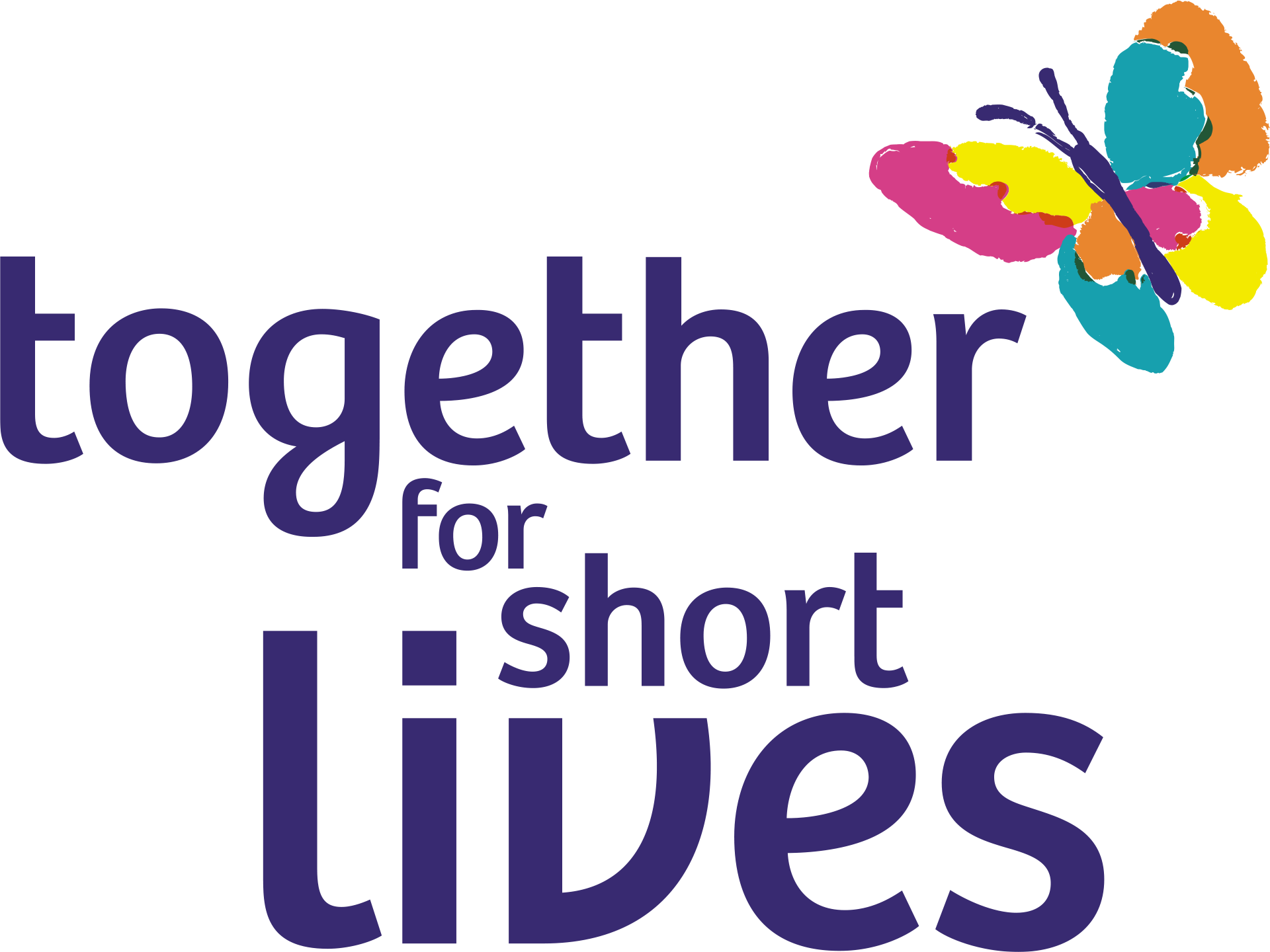The term 'transition' describes the purposeful and planned process of supporting young people to move from children's to adult's services. Transition begins at an age to suit each individual but professionals should consider introducing the idea of transition around the age of 14 and then to prepare the young person and their family/carers for what to expect at key stages of the transition journey, for example, legal changes that happen at age 16 and financial changes happen at 18.
This Toolkit provides information and resources to help professionals understand the importance of getting transition right and to help them prepare young people and their families/carers for their transition to adult services.
There are different ways to illustrate the transition journey, for example, the Ready Steady Go! programme which is used in the Worcestershire Acute Hospitals Trust. The suggested starting point reflects the time needed to prepare young people and those that care for them, to move on from familiar children’s services where they have built strong relationships to unfamiliar adult services where it may not be possible to meet all expectations.
The graphic below has been adapted from Implementing transition: Ready Steady Go (PDF).
Ready
(11-13 years)
- Young person completes the Ready questionnaire
- Issues addressed in bite sized pieces
- Young person and carer introduced to concept of shared decision making and confidentiality
- When ready, young person is seen on their own for a few minuters during clinic
- Agree goals
Steady
(14-16 years)
- Young person completes Steady questionnaire
- Issues addressed in bite sized pieces
- Aim to see young person for longer on own in clinic
- Keep carer fully involved
- Duplicate clinic letters offered to young person
- Agree goals
Go
(16-18 years)
- Young person completes Go questionnaire
- Issues addressed in bite sized pieces
- Work towards young person conducting whole clinic on own
- Keep carers involved
- Referral letter to adult team
- Young person meets adult team
- On-going issues highlighted to adult team
- Ideally all issues addressed prior to transfer
- Write transfer letter
- Agree goals
Hello
(1st adult clinic)
- Young person (and their carer if they wish) completes the Hello questionnaire (PDF)
- Issues addressed in bite size pieces by the health or care professional
- Clinic letters sent to young person
- Periodically, the Hello questionnaire completed again to ensure knowledge and skills maintained
- Any issues addressed
- Agree goals
Transition should be a personalised process involving shared decision making and personalised care planning. Building successful engagement with young people is critical to understanding their needs and ensuring future engagement in healthcare. Below is a video made by a group of young patients at Hereford Hospital – to help NHS directors and staff understand how young patients feel about ‘transition’ and the importance of hearing the voice of young people..
Personalised care is one of 7 key shared principles for Palliative and End of Life Transition agreed by providers of children’s and adult’s services in Herefordshire and Worcestershire. NHS England states that a one-size-fits-all health and care system simply cannot meet the increasing complexity of people’s needs and expectations. Personalised care is based on ‘what matters’ to people and their individual strengths and needs, see NHS England » Personalised care for further information.
![]() Transition from children’s to adults’ services for young people using health or social care services (NICE) NICE guideline relating to Transitions from children’s services to adult services in Health and Social Care. Guidance aims to improve the experience of transition for young people and their carers by enhancing the planning and delivery of transition.
Transition from children’s to adults’ services for young people using health or social care services (NICE) NICE guideline relating to Transitions from children’s services to adult services in Health and Social Care. Guidance aims to improve the experience of transition for young people and their carers by enhancing the planning and delivery of transition.
 Moving to Adult Services: What to Expect (Together for Short Lives) A guide to transition for young people who have a life-threatening condition. It aims to help young people make sure that the care and support they need is available so that they can get on with living.
Moving to Adult Services: What to Expect (Together for Short Lives) A guide to transition for young people who have a life-threatening condition. It aims to help young people make sure that the care and support they need is available so that they can get on with living.
 Transition to Adult Services Pathway (Together for Short Lives) This pathway (‘Stepping Up!’) provides a minimum framework for transition to assist planning of local services and guides for young people and parents.
Transition to Adult Services Pathway (Together for Short Lives) This pathway (‘Stepping Up!’) provides a minimum framework for transition to assist planning of local services and guides for young people and parents.
 Making a Difference for Young Adult Patients (Together for Short Lives) This briefing provides a rare insight into the views and experiences of young adults with Life Limiting Conditions and reveals how small changes in practice, that do not cost anything, can make a real difference.
Making a Difference for Young Adult Patients (Together for Short Lives) This briefing provides a rare insight into the views and experiences of young adults with Life Limiting Conditions and reveals how small changes in practice, that do not cost anything, can make a real difference.
![]() Transition from children's services into adulthood (Hospice UK) Hospice UK recognises that transitioning to adult services can be a stressful time for young people and their families; they provide a range of resources and videos of young people describing their experiences.
Transition from children's services into adulthood (Hospice UK) Hospice UK recognises that transitioning to adult services can be a stressful time for young people and their families; they provide a range of resources and videos of young people describing their experiences.
![]() Transition to Adult Services FAQs (WellChild) WellChild, a national charity providing information a Fact Sheet on transitioning to adult services for young people who are seriously ill and their families, with helpful information and tips.
Transition to Adult Services FAQs (WellChild) WellChild, a national charity providing information a Fact Sheet on transitioning to adult services for young people who are seriously ill and their families, with helpful information and tips.
![]() RDAAimingHigher.pdf (t2a.org.uk) This resource has been created for practitioners working with young adults with multiple needs (and at risk of committing crime) and sets out a serious of good practice principles for the delivery of services to these young people, with a focus on transition.
RDAAimingHigher.pdf (t2a.org.uk) This resource has been created for practitioners working with young adults with multiple needs (and at risk of committing crime) and sets out a serious of good practice principles for the delivery of services to these young people, with a focus on transition.
As a patient or relative of a patient, you should be involved in making decisions about your, or their care. In a video on the TIER Network website, Dr Paul Grundy describes Shared Decision Making as an ‘honest conversation about reasonable competing options…it is a two-way process, a conversation between a clinician who is an expert in the risks and benefits of all of the treatment options available and the patient who comes with their own set of values, beliefs and experiences and their own interpretation of risk’. The Ready Steady, Go Programme has a guide for clinicians and information to support patients including advice called ‘Ask 3 Questions’. To find out more see Shared Decision Making & Ask Three Questions - TIER Network (readysteadygo.net).


